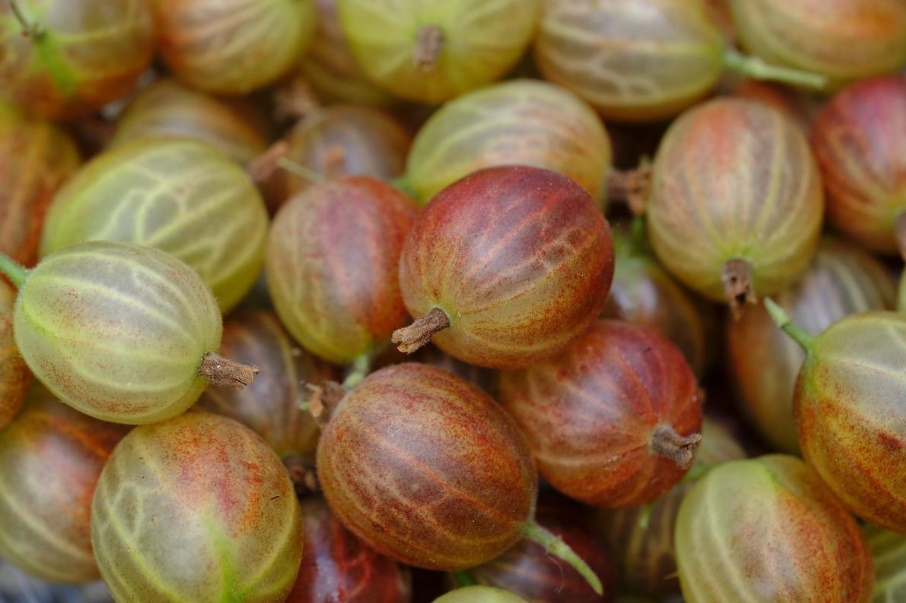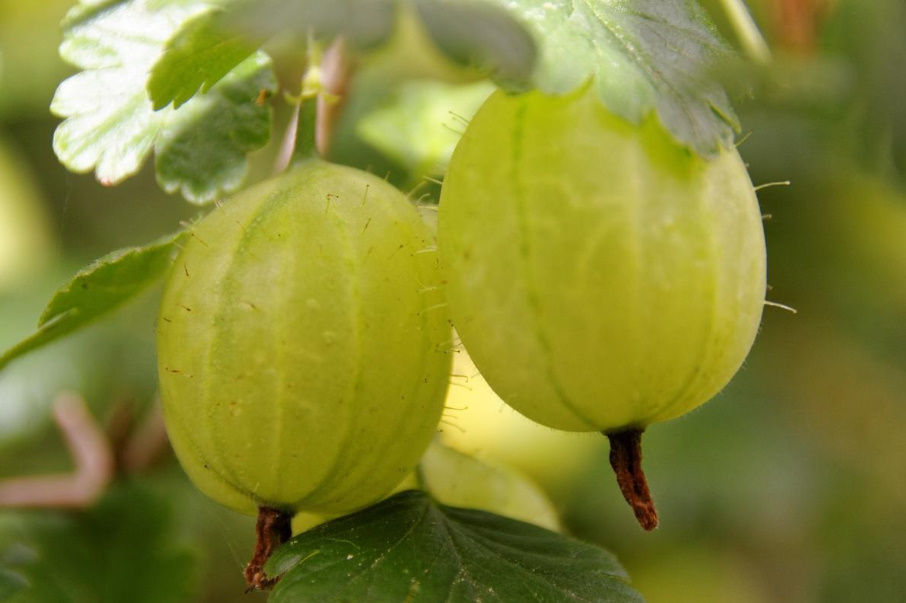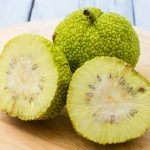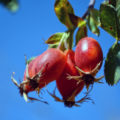Gooseberry is a widespread berry shrub with fruits of various colors: from various shades of green to cherry-red or dark purple.
But although it grows on almost every site, many gardeners know much less about the healing properties of this crop than about the benefits of currants or raspberries, for example. Let’s fix it.
Useful properties of gooseberries
Fresh, straight from the bush, gooseberry berries are an excellent multivitamin. They contain a lot of vitamin C (almost like currants), contain carotene and B vitamins: B3 (nicotinic acid, vitamin PP) and B9 (folic acid). This combination is very useful for anemia: nicotinic and folic acids stimulate the synthesis of red blood cells, and vitamin C helps maintain high hemoglobin levels.
It is recommended to include gooseberries in the diet of children, pregnant women, the elderly — as an effective means to strengthen immunity and prevent hypovitaminosis. It is also useful for hypertension and heart diseases. Bioflavonoids contained in berries have a beneficial effect on the functioning of the cardiovascular system, strengthen the walls of capillaries, increase the tone of blood vessels, serve as a means of preventing atherosclerosis and enhance the antioxidant properties of vitamin C.
Pectins, organic acids and tannins in the composition of gooseberry berries allow them to be used to normalize digestion. Prolonged use of fresh gooseberries helps to cope with chronic diarrhea, and a decoction of berries is used by folk medicine as a mild laxative for chronic constipation (1 tablespoon of crushed berries per glass of boiling water, boil for 10 minutes over low heat, cool, strain; take 3-4 times a day for 50 ml of broth).
Fresh gooseberries are also useful for kidney and bladder diseases (it has a diuretic effect), metabolic disorders, obesity and as a choleretic.

Now gooseberry is rarely used as a medicinal plant, but it is known that in folk medicine in the old days it was used quite widely, and not only berries, but also leaves. So, tuberculosis was treated with an infusion of leaves; a sore throat was treated with fresh berry juice with honey; a decoction of ripe berries — all kinds of skin inflammation (externally).
Who is harmed by gooseberries
Contraindication to the use of gooseberries is peptic ulcer of the stomach and duodenum. You should also refrain from berries for any acute diseases of the gastrointestinal tract and with exacerbation of chronic diseases of the digestive system.


















